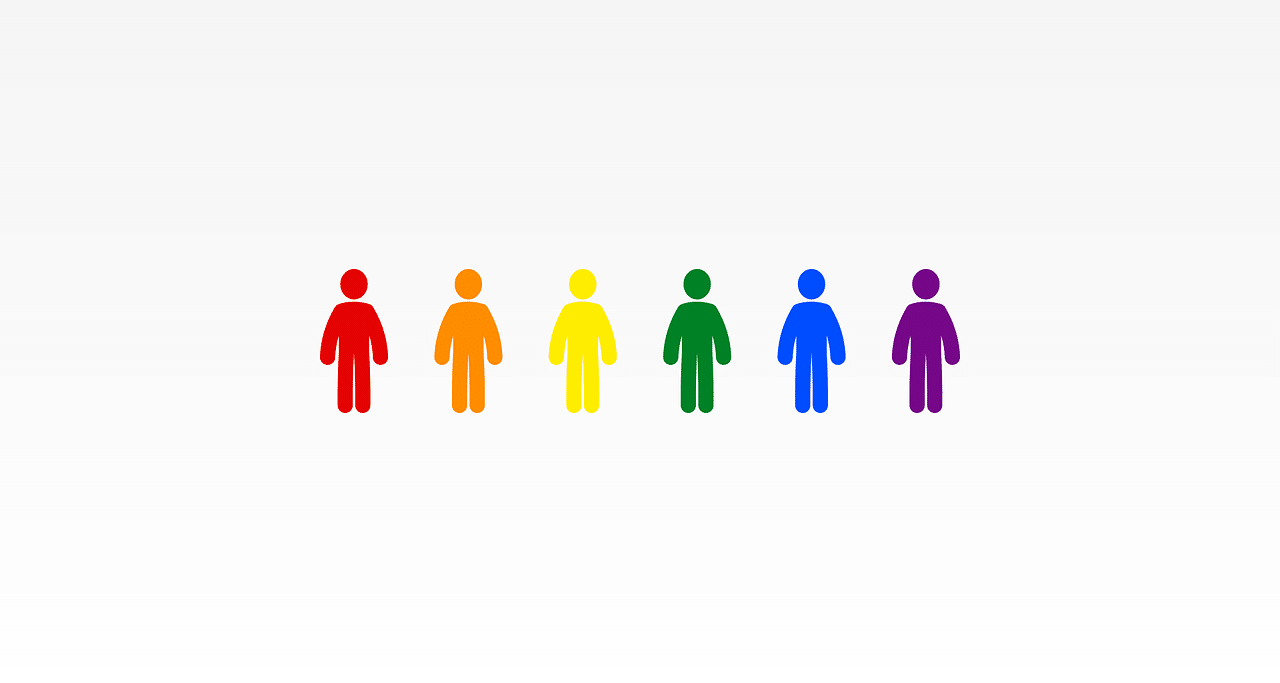
Multiculturalism defends respect for the cultural identity of each group.
Multiculturalism is the doctrine that defends and promotes multiculturalism . This adjective (multiculturalism) refers to multiculturalism : that which stands out for the presence of different cultures .
Before moving forward, it is essential to focus on the idea of culture . This is the name given to the set of traditions, knowledge, practices and lifestyles that are typical of a social group, a town or an era.
Multiculturalism, therefore, promotes the coexistence of different cultures in the same area . It is associated with cultural pluralism, which implies respect for all cultural identities and the acceptance of minority expressions in society.
What is multiculturalism
Multiculturalism can be understood as a movement, a position or a trend that recognizes the relative value of each culture . It is based on the acceptance of pluralism and tolerance , leaving aside attacks on those who have principles and visions different from their own or those of the majority.
Multiculturalism is often recognized in opposition to ethnocentrism (frequently expressed as Eurocentrism ), racism , xenophobia , machismo , homophobia , transphobia or even nationalism , among other positions that are based on an excessive valuation of one's own or directly in discrimination against certain sectors or groups. Unlike perspectives that underestimate, degrade or hate others, multiculturalism advocates mutual understanding and respect to build social peace.
In this framework, it must be noted that multiculturalism does not aim at social cohesion or cultural assimilation . Nor does it seek a segregation of the groups. Its premise is the peaceful and harmonious coexistence of cultures, where each one can preserve its distinctive characteristics.

For multiculturalism, the cultural traditions of each people cannot be analyzed with a universal perspective.
cultural relativism
Multiculturalism is part of the so-called cultural relativism . According to this current, it is not possible to interpret cultures with a universal perspective, but rather each culture has to be understood in its own reality.
For cultural relativism , then, there are no cultures that are better than others. In other words, it cannot be said that one culture is good and the others are bad. In this framework, multiculturalism recognizes cultural differences and does not attempt to disguise or attenuate them or privilege certain values over the rest.
Concepts related to multiculturalism
It is important to indicate that the notion of multiculturalism can have various specific uses depending on who uses it. In its most common meaning, it is synonymous with cultural pluralism and is linked to the simultaneous existence of different cultures in the same territory.
It is possible to relate the concept to the idea of interculturality , which refers to the interaction established between cultural groups. In this case, intercultural dialogue is taken as an objective or goal, unlike what happens with those who encourage assimilation or integration.
Therefore, if multiculturalism is associated with the coexistence of cultures, interculturality can be promoted so that these cultures interact, each retaining its identity and without prejudices and cultural stereotypes coming into play.

Religious pluralism and gender issues are also considered in multiculturalism.
The coexistence
The coexistence of different cultures in the same area can occur in multiple ways. With globalization , multiculturalism is a phenomenon that is generated from immigration . Thus, people of different nationalities or origins are part of the same society in a city or country.
The host society must be willing to accept the new cultural manifestations that come with immigration policies that open borders. Linguistic diversity , for example, is an immediate consequence of these processes.
In any case, multiculturalism also occurs with the existence of different ethnicities or aboriginal peoples in a nation. A government can implement policies to protect cultural diversity and prevent assimilation.
However, it must be considered that the interaction between cultures can have various effects. As we already indicated, interculturalism stimulates this dialogue, although competition and conflicts may arise.
Another perspective opts for isolation to safeguard cultural traits, whether from the minority group or those attributed to a large entity. This carries the risk of the creation of ghettos or the implementation of measures such as apartheid that violate human rights.
It must be taken into account that, in asymmetric relationships, colonialism and cultural imperialism arise. The dominant culture thus manages to impose itself on the others, which are marginalized or even lose their identity.
Multiculturalism and education
Multiculturalism must be contemplated in education to help build citizenship with respect for diversity . The school has to encourage reflection so that students develop empathy, value differences and avoid the hierarchization of cultures.
Simultaneously, multicultural education must be established that allows the training of students from different cultures. Only inclusive education provides equal opportunities for all people.
